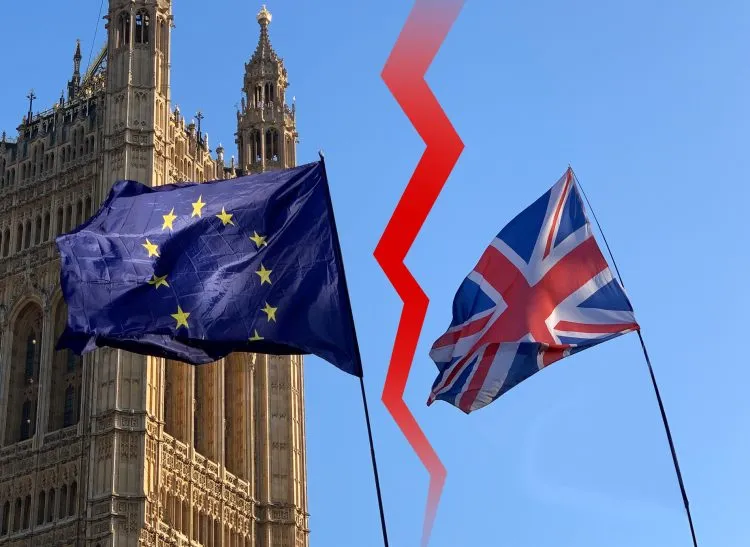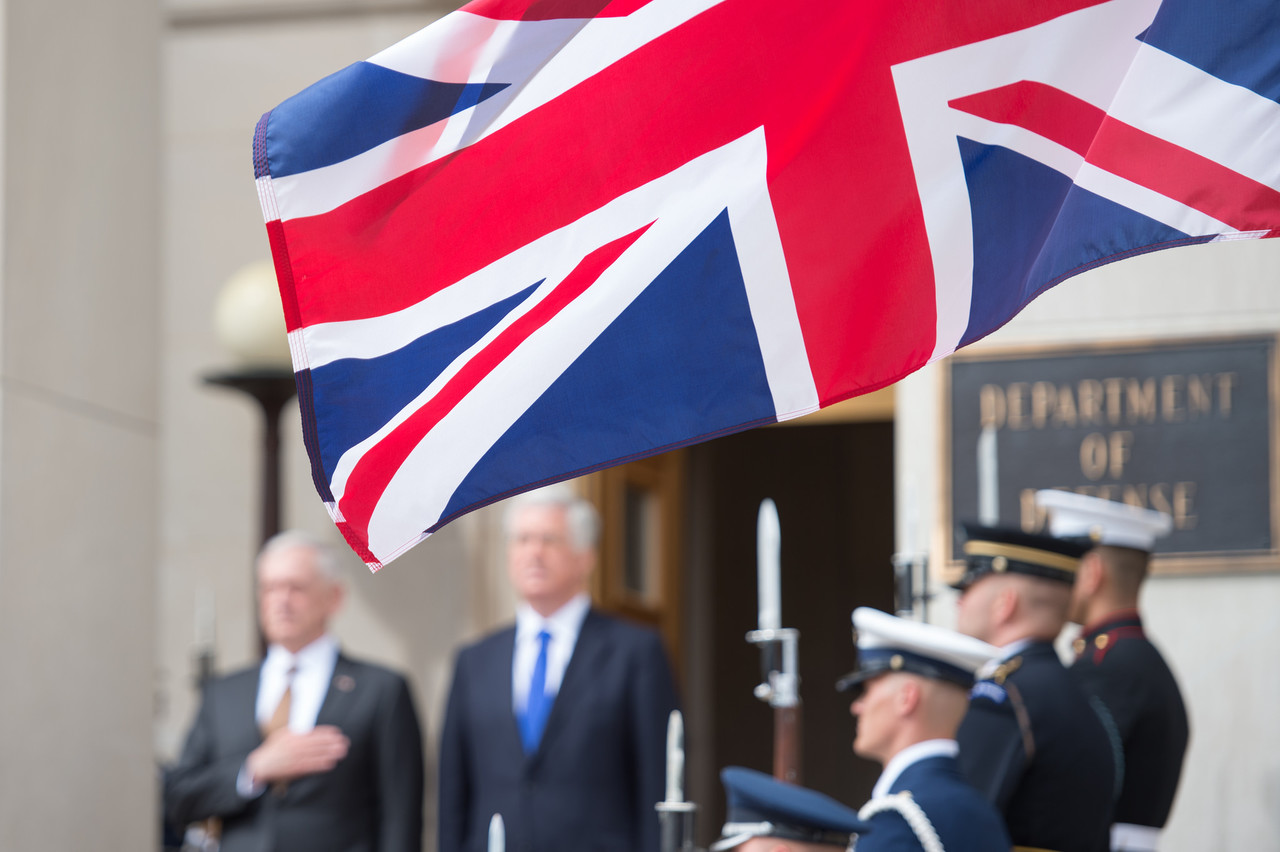by Gabriel May, UEA student
The European Commission is much maligned in the UK, lambasted as a group of unelected bureaucrats, with Boris Johnson going so far as to declare the Commission “a dysfunctional bureaucracy that has no proper democratic oversight“. These criticisms became a cornerstone of the Brexit campaign. Yet, paradoxically, the Brexit negotiations offered an opportunity for the Commission to find its place.
Following the 2016 UK referendum on EU membership, the European Commission was faced with the challenge of managing Brexit, perhaps the greatest challenge to the EU in its history. As the former Commission President Jean-Claude Juncker put it, “Our European Union is, at least in part, in an existential crisis.” Yet the EU did not disintegrate and the Commission is widely considered instrumental in building trust and cohesiveness in the Union during its greatest crisis, and ensuring it weathered the storm.
The fact that one member state had voted to leave the Union was a shock to many European nations and governments. In order to preserve the integrity of the Union, it was clear that the negotiations would have to be entrusted to one of the EU’s collective institutions. Michel Barnier, a seasoned former French Minister and European Commissioner, was appointed as chief negotiator and Head of the ‘Brexit taskforce’ – formally the Task Force for Relations with the United Kingdom – within the Commission. It was imperative that the Commission earn the trust that was vested in them.
Building trust
In his book, Michel Barnier details the first of these trust-building exercises: his whistle-stop tour around European capitals. At each stop, he met with prime ministers. This meant that the Commission could demonstrate their intimate knowledge of the specific issues confronting each member state. Barnier also visited the Irish border and Danish coastal towns to make a hands-on assessment of the minutiae of Brexit’s disruptions.
In fact, the willingness to allow the Commission to operate in the name of the EU’s constituent nations, and the trust invested in it, had emerged even before the start of the Brexit negotiations. Following the surprise re-election of Cameron in 2015, and confronted by the first ever member state threatening to leave, the EU had been forced to renegotiate the terms of the UK’s membership. EU member states were at this point willing to delegate a substantial amount of ‘informal authority’ to the Commission in order to produce a more flexible institutional settlement and to accommodate the UK’s demands for reform.
The Commission was also at an advantage, having extensive experience of negotiating trade deals with third countries, like India and Indonesia, on behalf of the EU and its member states. In these trade negotiations, the process of constant communication and approval between the Commission and the Council was so crucial to trust-building that it became established and institutionalised. Protecting the integrity of the single market and defending the Union’s collective interests were a top priority in each of these negotiations. And it was these objectives and skills that transferred directly into the Brexit negotiations.
In order to maintain trust during the negotiations, there was constant communication with constituent member states. The Commission hosted more than 150 meetings as well as regular briefings before and after negotiation rounds. In these meetings, the Commission also built its negotiation strategy by folding each member state’s needs into the wider aims of the EU.
Ireland’s role
The focus on Ireland was an astute move by the Commission, and not only because of the simple reality that membership of the EU was key to the tenuous peace in Northern Ireland which Brexit threatened to unravel. In many ways, Ireland allowed the EU and the Commission to condense their aims into one issue, as well as to negotiate from a position of advantage.
The Commission demonstrated striking loyalty to Ireland, bordering on ruthlessness. During a Council negotiation on Brexit, a Commission official infamously said to their British counterpart, “if this is what the Irish want, we’re going to do it. They are around the table. You are not around the table.” In fighting so hard for Irish interests, the Commission demonstrated that, in their eyes, a small EU state took precedence over what was at the time the fifth largest economy in the world (now sixth).
While the UK tried to threaten a no-deal Brexit, they undermined the credibility of this threat several times. It is clear that the EU thought there was very little risk of a no-deal Brexit over the Irish border, as exemplified by European Council chief Donald Tusk’s statement that “a ‘no deal scenario’ would be bad for everyone, but above all for the UK … We will not be intimidated by threats, and I can assure you, they simply will not work.” The Commission’s nonchalance in this regard shows that they were acutely aware of the reality of the British situation and were willing to communicate this to the rest of the EU membership, together with an unambiguous signal that caving was not on the cards.
The Commission as a tool for the Union
Many member states face the challenge of balancing internal calls for preserving national sovereignty with their commitment to the Union. They are commensurately reluctant to delegate too much power to the Commission for fear that they will come to be the ones being told what to do. However, during the Brexit negotiations, the Commission made sure member states were able to take ‘ownership of the negotiating mandate’. In doing so, the Commission forged itself into a tool of the wider EU and seamlessly merged national and EU interests into one cohesive negotiating strategy. This ensured the EU came out of the Brexit negotiation at a significant advantage.
In the end, the Commission’s competence and loyalty to the EU’s member states allowed the Union to weather the crisis remarkably well. Also, through constantly ensuring that the needs of member states were met and that their direction came from them, it elevated the Commission to a trusted tool for the Union, not a commanding body to which its constituent member states were subject.
This piece was first published on the East Anglian Byline Times.
Image by TeroVesalainen via Wikimedia Commons (CC0).
UK split from the EU. Image by Christoph Scholz. Creative Commons CC BY-SA 2.0






